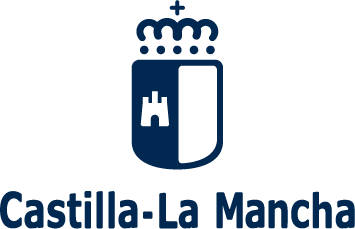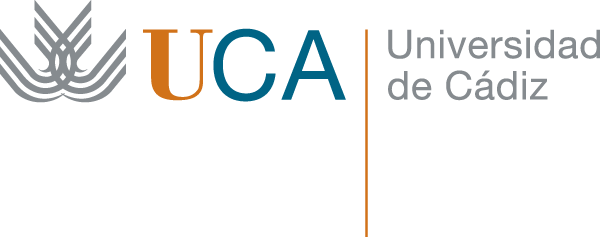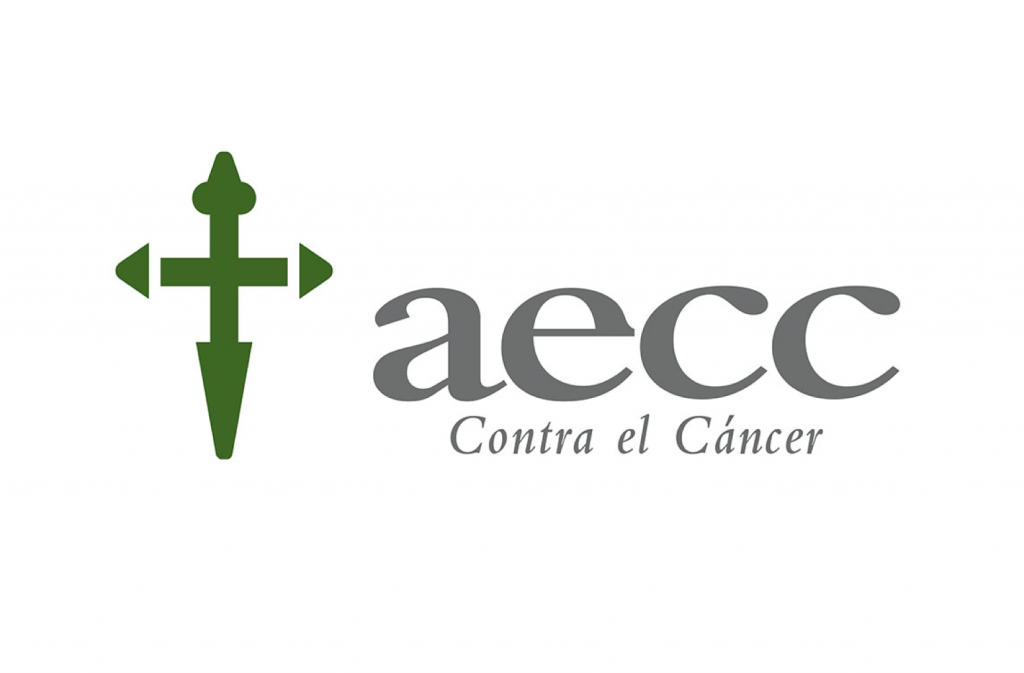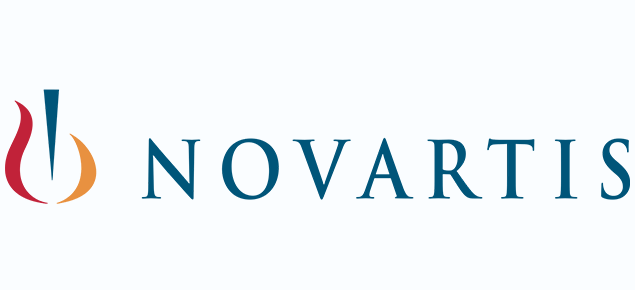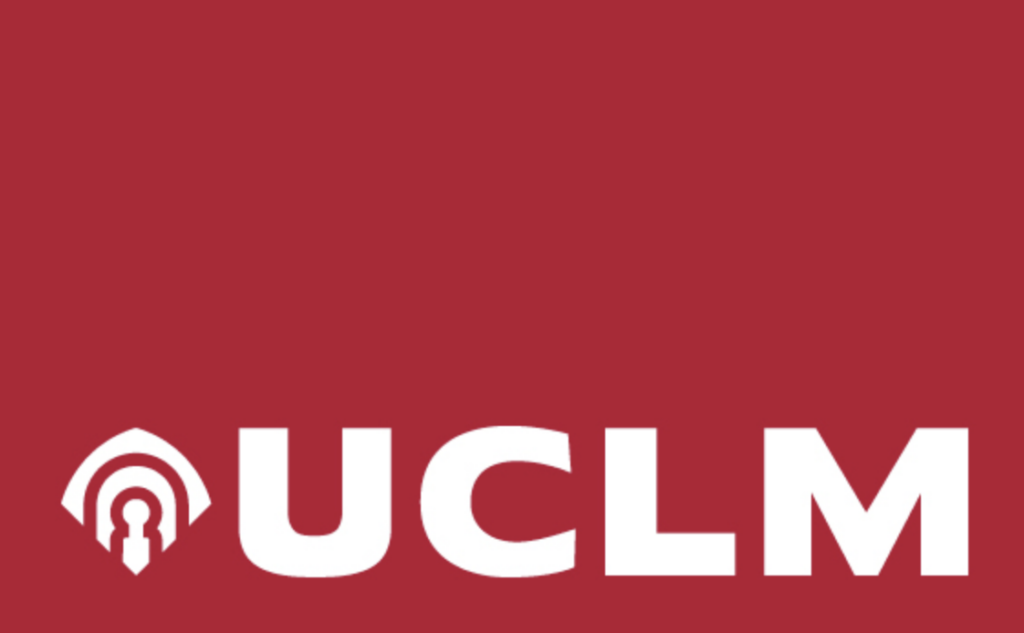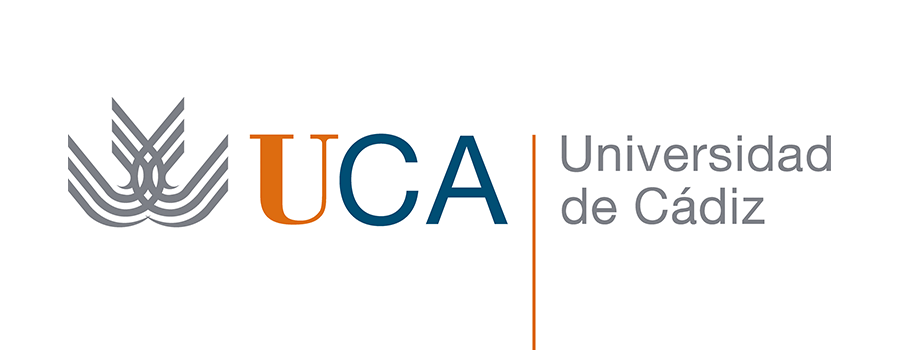Mathematics against leukemias
Acute Lymphoblastic Leukemia is the most frequent cancer type in children. Although 80% of patients are cured with the standard treatment, a fraction of patients still relapse and die because of the disease. Standard treatment of the disease will be determined by patient risk group. We use mathematical modeling to improve patient stratification, identify relapse risk and design personalized treatments by better using the large amount of data available, with a special focus on flow cytometry data.
Additionally, we are currently working on pediatric B-ALL from a genomic perspective. We are trying to assess the role of aneuploidy and chromosomal instability in pediatric B-ALL initiation and progression. Understanding its dynamics from a computational point of view can help in patient stratification.
Publications
-
Computational flow cytometry immunophenotyping at diagnosis is unable to predict relapse in childhood B-cell Acute Lymphoblastic LeukemiaA. Martínez, S. Chulián, A. Niño, R. Picón, J. F. Rodríguez, E. Gálvez, T. Caballero, A. Molinos, A. Castillo, M. Ramírez, M. V. Martínez, A. Míguela, J. L. Fuster, C. Blázquez, V. M. Pérez-García, M. RosaComputers in Biology and Medicine 188, 109831 (2025).
-
Chromosomal instability in aneuploid acute lymphoblastic leukemia associates with disease progressionO Molina, C Ortega-Sabater, N Thampi, N Fernández, M Guerrero, A Martínez, M Vinyoles, T Velasco, C Bueno, JL Trincado, I Granada, D Campos, C Giménez, JM Boer , ML den Boer, GF Calvo, Mireia Camós, JL Fuster P Velasco, P Ballerini, F Locatelli, CG Mullighan, DCJ Spierings, F Foijer, VM Pérez-García, P MenéndezEMBO Molecular Medicine 16, 64-92 (2024)
-
Mathematical Modeling of Leukemia Chemotherapy in Bone MarrowAna Niño-López, Salvador Chulián, Álvaro Martínez-Rubio, Cristina Blázquez-Goñi, María RosaMathematical Modelling of Natural Phenomena 18, 21 (2023)
-
The shape of cancer relapse: Topological data analysis predicts recurrence in paediatric acute lymphoblastic leukaemiaS. Chulián, B. J. Stolz, A. Martínez-Rubio, C. Blázquez-Goñi, J. F. Rodríguez, T. Caballero, A. Molinos, M. Ramírez-Orellana, A. Castillo, J. L. Fuster, A. Minguela, M. V. Martínez, M. Rosa, V. M. Pérez-García, H. ByrnePLOS Computational Biology 19(8) e1011329 (2023)
-
Mathematical models of leukaemia and its treatment: a reviewS. Chulián, Á. Martínez-Rubio, M. Rosa, V. M. Pérez-GarcíaSEMA Journal 79, 441-486 (2022)
-
A Mathematical Description of the Bone Marrow Dynamics of CAR T-Cell Therapy in B-cell Childhood Acute Lymphoblastic LeukemiaA. Martínez-Rubio, S. Chulián, C. Blázquez Goñi, A. Pérez Martínez, M. Ramírez Orellana, A. Navarro-Zapata, C. Ferreras, V.M. Pérez-García, M. RosaInternational J. of Molecular Sciences 22, 6371 (2021)
-
CAR T cell therapy in B-cell acute lymphoblastic leukaemia: Insights from mathematical modelsO. León-Triana, S. Sabir, G.F. Calvo, J. Belmonte-Beitia, S. Chulian, A. Martínez-Rubio, M. Rosa, A. Pérez-Martínez, M. Ramírez-Orellana, V.M. Pérez-GarcíaComm Nonlin Sci Numer Simul 94, 105570 (2021)
-
CAR T cells for T-cell leukemias: Insights from mathematical modelsV.M. Pérez-García, O. León-Triana, M. Rosa, A. Pérez-MartínezComm Nonlin Sci Numer Simul, 96, 105684 (2021)
-
Dynamical properties of feedback signalling in B lymphopoiesis: A mathematical modelling approachS. Chulián, A. Martínez-Rubio, A. Marciniak-Czochra, T. Stiehl, C.B. Goñi, J.F. Rodríguez Gutiérrez, M.R. Orellana, A.C. Robleda, V.M. Pérez-García, M. RosaJournal of Theoretical Biology 110685 (2021)
-
High-dimensional Analysis of Single-cell Flow Cytometry Data Predicts Relapse in Childhood Acute Lymphoblastic LeukemiaS. Chulián, A. Martínez-Rubio, V.M. Pérez-García, M. Rosa, C. Blázquez-Goñi, J.F. Rodríguez Gutiérrez, L. Hermosín-Ramos, A. Molinos-Quintana, T. Caballero-Velázquez, M. Ramírez-Orellana, A. Castillo Robleda, J.L Fernández-MartínezCancers 13(1), 17 (2021).
Projects
-
FECYT: Fundación Española para la Ciencia y la Tecnología (2018 - 2020)
-
Ministerio de Ciencia e Innovación (Spain) (2020 - 2023)
-
Junta de Andalucía (2020 - 2023)
Collaborators
Mathematics against leukemias at MOLAB is developed in collaboration with Anna Marciniak-Czochra (Ruprecht-Karls-Universität Heidelberg), Helen Byrne (University of Oxford), Juan Luis Fernández-Martínez (University of Oviedo) and David Basanta (Moffitt Cancer Research Center). To this end, clinical, biological data and the extensive knowledge in Acute Lymphoblastic Leukemia is provided by our collaborators in different medical institutions: Hospital Universitario de Jerez de la Frontera (lead: Juan Francisco Rodríguez Gutiérrez), Hospital Universitario Virgen del Rocío (lead: Cristina Blázquez Goñi), Hospital Universitario Niño Jesús de Madrid (lead: Manuel Ramírez Orellana), Hospital Universitario La Paz de Madrid (lead: Antonio Pérez Martínez), Hospital Clínico Universitario Virgen de la Arrixaca de Murcia (lead: Jose Luis Fuster Soler), Hospital Universitario Reina Sofía de Córdoba (lead: Joaquín Sánchez García), Hospital Virgen de las Nieves (lead: Gema Salas Camacho), Institut de Recerca Contra la Leucèmia Josep Carreras (lead: Eulàlia Genescà Ferrer). Moreover, experimental data and extensive knowledge on chromosomal instability and aneuploidies are provided by Óscar Molina and Pablo Menendez (Josep Carreras Leukemia Research Institute).



